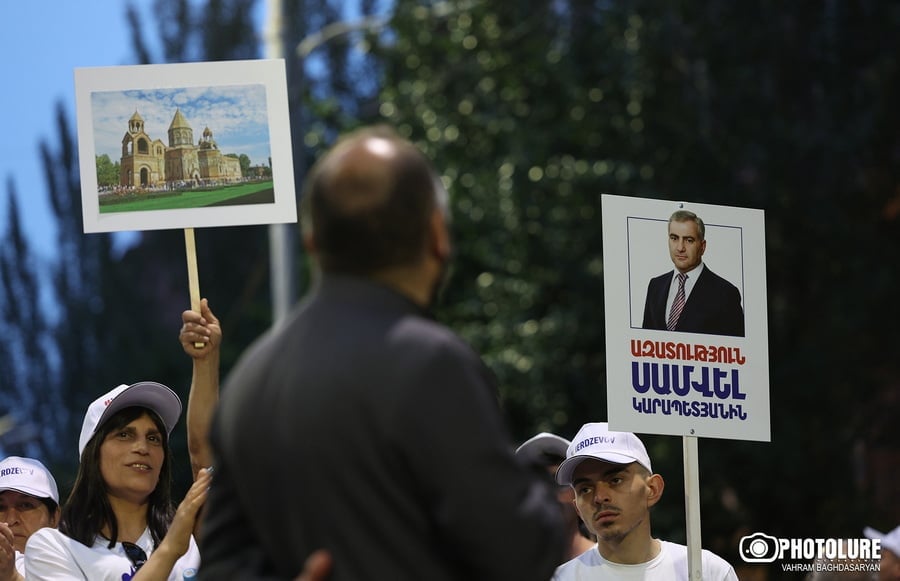Internal and external peace are interconnected. This is true both in everyday life and in international relations. If there is peace within your soul, harmony is reflected in your interactions with others—whether in the family or elsewhere. In such cases, the atmosphere at home or at work is calm, free of unnecessary tension. Your composure spreads to everyone, from a one-year-old child to the elderly. Conversely, if you are consumed by the urge to prove yourself right or to dominate, then family or workplace quarrels are inevitable.
In the same way, the internal stability of the state—which, of course, is the responsibility of the authorities—creates the reserve of strength that enables it to withstand external challenges. Yet the Armenian government, through its officials and propagandists, is doing everything possible to prevent an atmosphere of peace and solidarity from taking root in our country. Hatred is sown daily, particularly against the people of Artsakh, against the “former” authorities, and against the so-called “fifth column serving Russia.” This practice of denouncing every critic of the government naturally provokes a reaction from the other side, producing constant tension.
The atmosphere is further inflamed by attacks on the clergy, by trumped-up criminal cases against clerics, Samvel Karapetyan, and many others—persecutions carried out by prosecutors and judges who serve the political whims of the prime minister. Predictably, the government’s propaganda brigades rush to counter criticism of these political persecutions. But the exchange of words that follows is certainly not the debate of Niels Bohr and Albert Einstein.
The intention to seize ENA from its owner and to waste millions of dollars defending this legally hopeless case in an international court belongs to the same series of whims. This senseless, reckless step once again provokes confrontation between supporters and opponents—conflict that could have been easily avoided.
Read also
The principle of “divide and conquer” may serve empires. For the societies of small countries, it is destructive.
Aram ABRAHAMYAN




















































